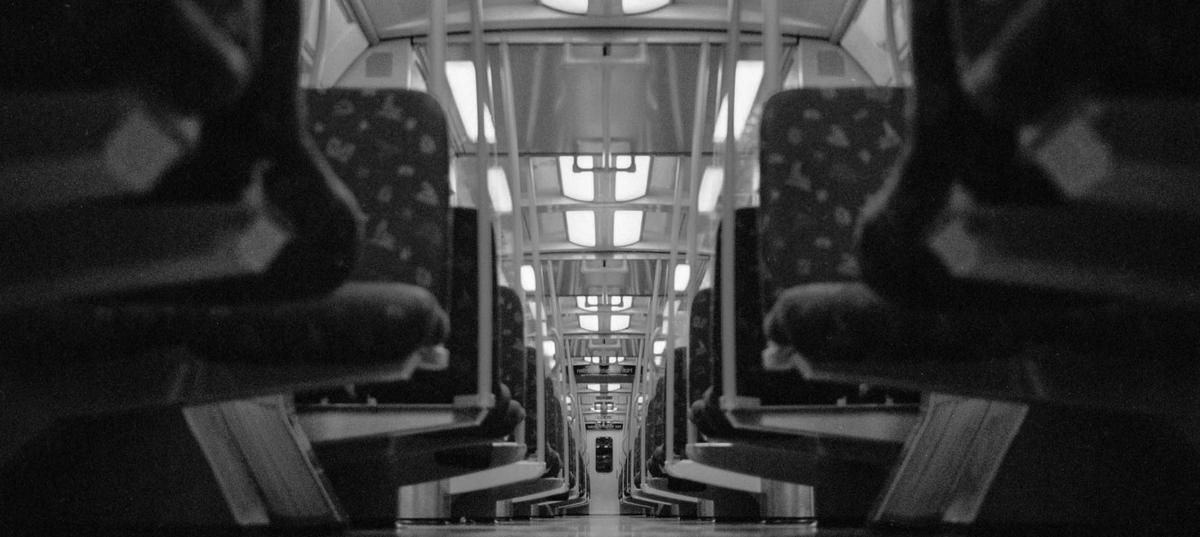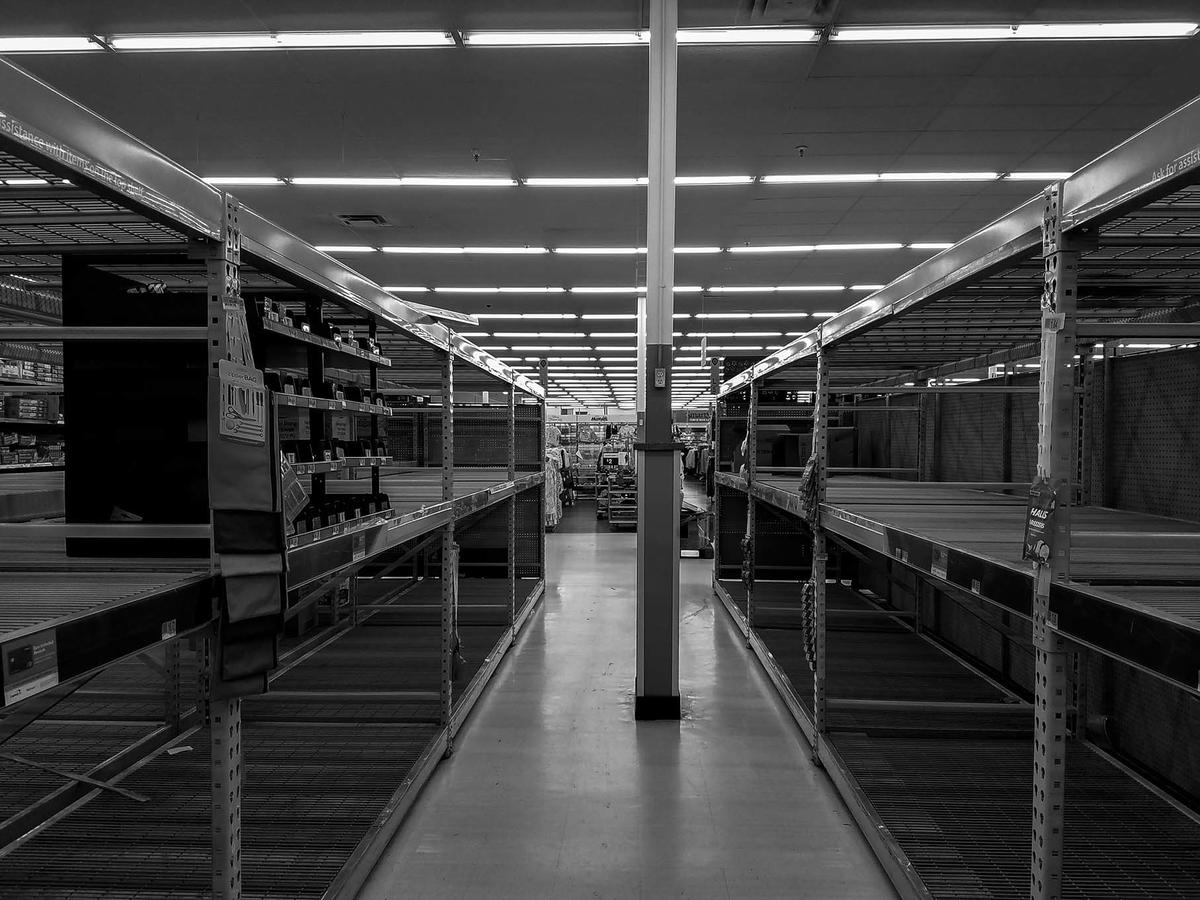From Dutch Tulip mania in the 17th century to frothy house prices, we have become all too familiar with financial bubbles. Trust bubbles, not so much. We understand too little about when and why they form, how to tell if you are in one, or crucially, whether it is about to burst. Even so, while hoping to be proven wrong, I feel confident in predicting that the recent surge to record high levels of trust, especially in government, reported in МЋРжЪгЦЕтs 2021 Spring Update: Trust and the Covid-19 Pandemic, will not last long.
The closest parallel with what is going on now may be what political scientists call the тrally тround the flagт effect that can propel into the stratosphere the approval rating of a political leader when a country is engaged in a major military conflict or the victim of a terrorist atrocity. Think of the Covid-19 virus as an enemy waging war on usтand it is easy to see, once again, why our тwartimeт government leaders are getting a supportive salute from their people. This may be the opposite of the irrational exuberance that inflates a financial bubble: a grimly rational, fearful conviction that we should unite behind our government because there is no better option. As such, the word тtrustт may be used more as an expression of hope than of conviction, which is why a rally тround effect can quickly fade. The МЋРжЪгЦЕ Trust Barometer reported a jump in trust in government from 27 percent to 48 percent following the 9/11 attacks, only for it to fall the following year.
In this crisis, business, media and NGOs also seem to have benefitted from the same rally тround effect that has lifted trust in government, which is why the overall МЋРжЪгЦЕ Trust Barometer measure has achieved a new high. Traditional media, in particular, has been especially appreciated as a platform for experts to communicate essential facts (shame the near unanimity of epidemiologists will soon give way to many-handed economists). Strikingly, trust in business has risen despite the sort of dramatic job-cutting that in normal times would have surely undermined trustтpresumably because at least for now, the public is inclined to see (most) businesses as another victim of the virus, suddenly plunged into existential crisis, as opposed to rapacious profit-maximizers.
At some point, perhaps soon and quite likely prematurely, the public will begin to feel that the external threat is being tamed, if not yet defeated. Its focus will start to turn inward again. There will be growing scrutiny of how the response to Covid-19 was handledтmistakes and alleged mistakes will be discovered; political rancor will return to normal levels, and trust in government will likely fall. This is likely to be true even for those governments that have performed well during this crisisтthough we are likely to find a significant spread between those that have done the best job (hello, Jacinda Arden, Prime Minister of New Zealand!) and the worst.
The debate about how quickly to reopen the economy, and who should decide how fast, will pit government against business in a trust-eroding blame game. After that, so will arguments over public spending, and tax and employment policies, especially if jobs and GDP remain in a prolonged slump. Ironically, while some companies and industries are doomed to be a shadow of their pre-COVID selves, for many businesses the biggest threat to the publicтs trust in them will be returning to robust financial health too quickly, while many people are still out of work. This crisis has already revealed how deadly it can be at the wrong end of inequality, and inequality seems certain to rise due to Covid-19, at least in the short run. Again, expect this to erode trust, both in business and government.
Perhaps the greatest uncertainty is about how much and for how long the crisis and the rise in trust has ushered in will alter the range of policies that are politically feasible for governmentsтthe so-called тOverton Window.т In the short run, the trusting public is accepting policies that would have been unthinkable three months ago. For bold leaders, there may also be longer-term reforms that are now doable that previously seemed out of reach.
The leaders of our societal institutions, especially those in government and business, would be wise to take the current high levels of trust with a large pinch of salt, except in so far as it empowers them to be bolder and faster moving in their leadership than they might otherwise have been. The next couple of years, or more, are going to be miserable for many of us. Regardless of how they perform, trust in our institutions may well fall back to or beneath the dismal lows touched earlier in the past decade.
Trust in government fell over the past decade primarily because the public increasingly concluded that it was not delivering. The best way to ensure that one day there will again be the high levels of trust we see today is to start making the big, positive changes that could, within a few years, create a тnew normalт far better than the failing one we had before Covid-19: build a modern public health system that works for all, reduce inequality, tackle climate change and put the interests of workers and communities before profits.
There was much talk of doing this after the 2008 financial crash, and when it failed to happen, trust ebbed away. Letтs not waste the opportunity that todayтs crisis presents to begin a fundamental transformation. Hereтs to a new record high for trust in 2025, or maybe 2030. And this time, no bubble.
Matthew Bishop was formerly business editor of The Economist.
МЋРжЪгЦЕ The 2020 МЋРжЪгЦЕ Trust Barometer Spring Update:
Trust and the Covid-19 Pandemic
The 2020 МЋРжЪгЦЕ Trust Barometer Spring Update: Trust and the Covid-19 Pandemic is an update to the 2020 МЋРжЪгЦЕ Trust Barometer. The survey was conducted by МЋРжЪгЦЕ Intelligence between April 15 and April 23, and sampled more than 13,200 respondents in 11 markets: Canada, China, France, Germany, India, Japan, Mexico, Saudi Arabia, S. Korea, U.K. and U.S. 1,200 people were surveyed in each market, 100 of which were informed public. All informed public respondents met the following criteria: aged 25-64, college-educated; household income in the top quartile for their age in their country; read or watch business/news media at least several times a week; follow public policy issues in the news at least several times a week.
Please complete the form below to discuss the findings with an МЋРжЪгЦЕ advisor.







